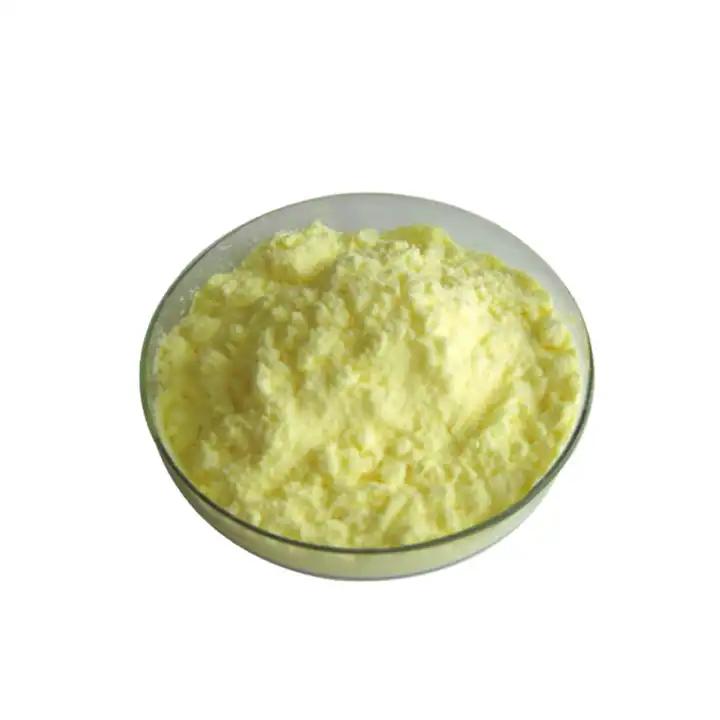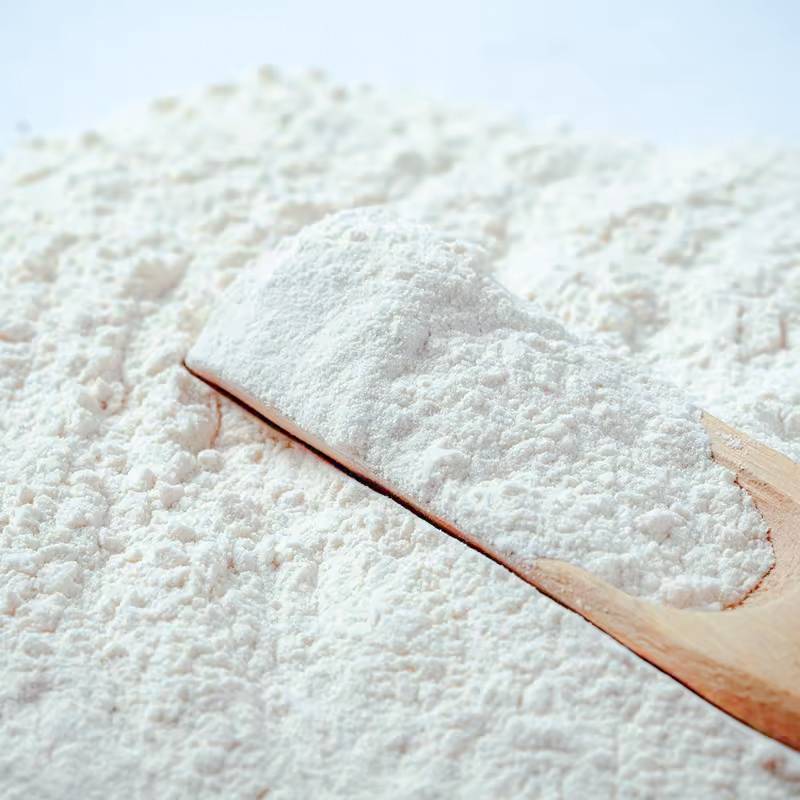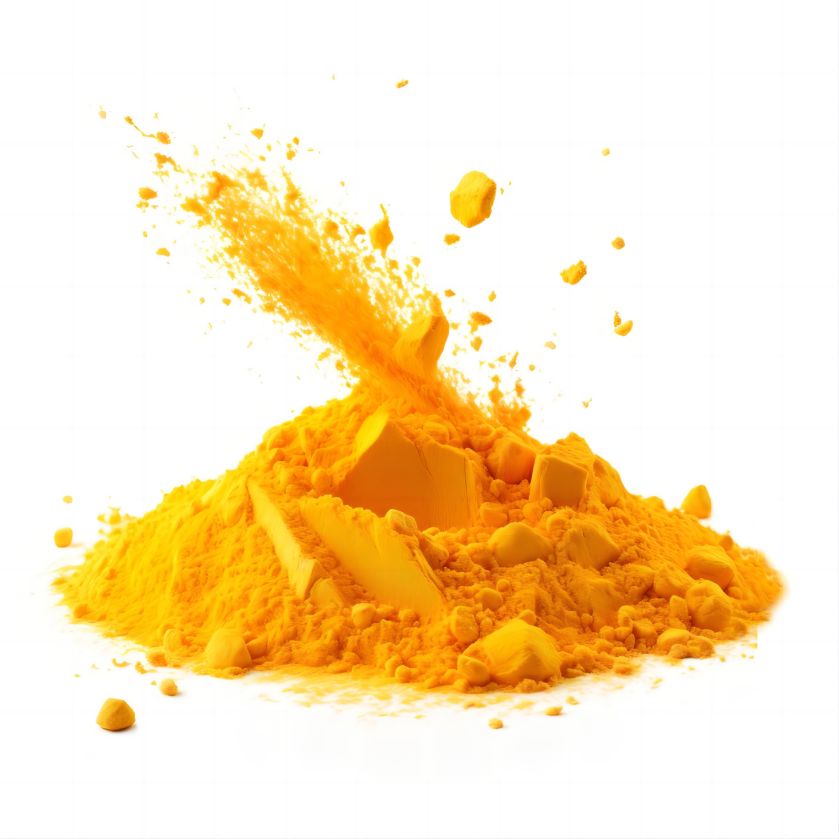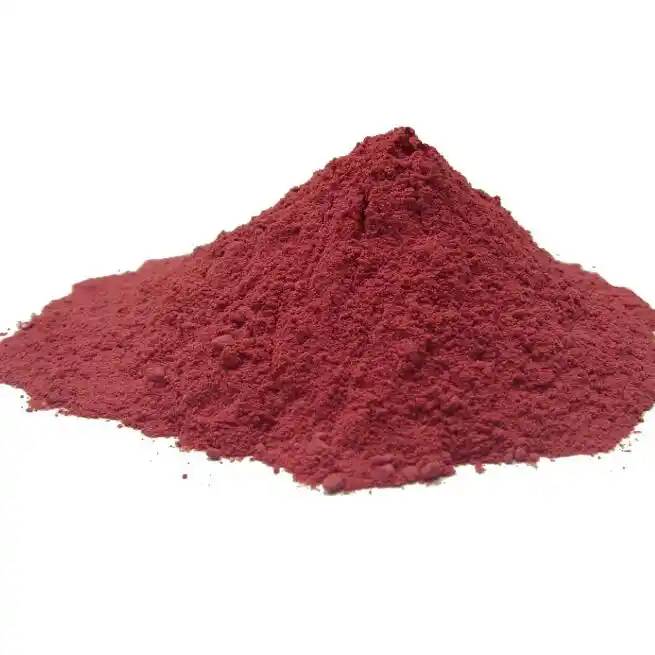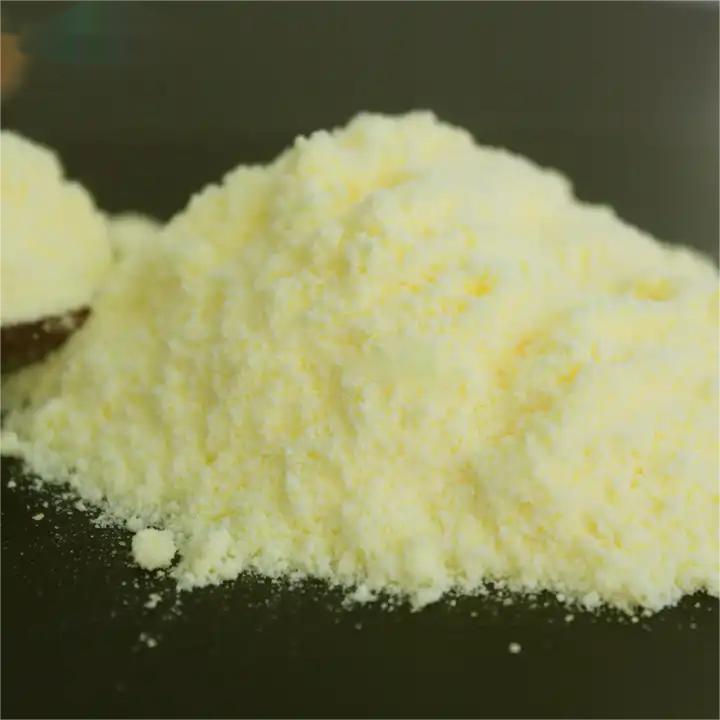Polvo de ácido alfa lipoico al 99% CAS 1077-28-7
Nombre del producto: polvo de ácido alfa lipoico
Ensayo :99.0%
Método de ensayo :HPLC
Aspecto: polvo cristalino amarillclaro
Residuos de plaguicidas: cumplir con la norma (CE) n º 396/2005
- descripción
- Hoja de datos
- Certificado de certificado
-
¿Qué es el ácido alfa lipoico?
Lipoic acid was isolated from pig liver in 1950 by American scholars Reed and others, and today it can be obtained by synthetic methods. Lipoic acid is an essential nutrient. The human body is also able to synthesize some of its own lipoic acid from fatty acids and cysteine, but this is far from enough to satisfy the need, and the body's capacidad de sintetizar ácido lipoico disminuye con la edad, por lo que necesita ser complementa través de los alimentos. El mayor contenido de ácido lipoico en las plantas es la espinaca, seguido por el brócoli y los tomates, y el mayor contenido en los animales se encuentra en los riñones y el hígado de los animales.
Se ha encontrado que el ácido alfa lipoico tiene poderosas propiedades antioxidantes y es la única sustancia conocida por ejercer capacidad antioxidante tanto en ambientes solusolubles en grasa como en agua. El ácido lipoico puede jugar un poderoso papel anti-estrés oxidativo en el cuerpo a través de la eliminación directa de los radicales reactivos de oxígeno, quelante con iones de metales libres, y la promoción de la regeneración de antioxidantes endógenos, el estrés oxidativo es la base patológica de una variedad de enfermedades, tales como diabetes, enfermedad cardiovascular, enfermedad hepática, y tumores, etc, de modo que el ácido alfa lipoico puede jugar un papel preventivo y terapéutico en una variedad de enfermedades sistémicas clínicas.
La tecnología de primavera verde suministra polvo de ácido alfa lipoico de calidad alimentaria, con bajo residuo de pesticidas y sin residuos de disolventes. Cumplir estrictamente con las normas internacionales como la farmacopea europea, la farmacopea de Estados Unidos, la farmacopea japonesa y así sucesivamente. Los informes de pruebas autorizados de terceros están disponibles.
Especificaciones:
Nombre del producto
Polvo de ácido alfa lipoico
CAS No.
1077-28-7
Ensayo ensayo
El 99%
Método de ensayo
HPLC
apariencia
Polvo cristalino amarillento claro
Residuos de plaguicidas
Cumplir con la norma (CE) n º 396/2005
Normativa:
Se ajusta a la normativa de la UE.
¿Busca un presupuesto?Benefits:
Neuroprotective Effects
Free radical-induced injury is an important component of secondary neuronal brain damage in stroke treatment, and there is no effective treatment to prevent this effect. Alpha Lipoic Acid’s antioxidant properties have been linked to its neurorestorative and neuroprotective effects. Alpha lipoic acid administered via the jugular vein reduces mortality, neurological deficit scores, and infarctions, and increases neurogenesis and cerebral cellular metabolism, resulting in a neuroprotective effect. effects. α-Lipoic acid induces microglia M2 phenotype, regulates the expression of pro-inflammatory cytokines IL-6, IL-1, IL-10, and tumor necrosis factor (TNF), and inhibits transcription factor NF-κB, a key mediator of an inflammatory response (Wang et al., 2018).
Beneficial for Neurodegeneration
In Parkinson's disease, MPTP (1-methyl-4-phenyl-1,2,3,6-tetrahydropyridine) is a neurotoxin that causes loss of dopaminergic cells in a mouse model (Langston 1985). This novel toxin triggers the death signaling pathway through activation of mouse substantia nigra compacta (SNpc) apoptosis signal-regulated kinase 1 (ASK1) and translocated death structural domain-associated protein (DAXX); alpha lipoic acid terminates this cascade of responses and provides neuroprotection (Karuna-karan et al. 2007). Oxidative stress is responsible for the degeneration of dopaminergic neurons in Parkinson's disease patients, and α-lipoic acid mediates the inhibition of the p53 protein, which increases the expression level of nuclear antigens in proliferating cells (Li et al. 2016).
Several studies have found that alpha-lipoic acid in combination with omega-3 fatty acids has a synergistic effect on slowing functional and cognitive decline in Alzheimer's disease (Shinto et al. 2014). In scopolamine-induced memory loss, alpha lipoic acid inhibits brain weight loss, down-regulates oxidative tissue damage leading to neuronal cell loss, repairs memory, and motor function, reduces proliferation of reactive astrocytes, and reduces chromatin lysis in cerebellar-hippocampal cortex (Bastianetto and Quirion 2004).
Beneficial for Cardiovascular Disease
Dihydrolipoic acid has been reported to have properties that regulate blood lipids, prevent oxidation of low-density lipoproteins, and regulate hypertension, suggesting that alpha lipoic acid may be a possible protective agent against cardiovascular disease (Wollin and Jones 2003). As alpha-lipoic acid intake increased, the incidence of cardiovascular disease decreased.
Beneficial for Kidney-Related Diseases
Alpha-lipoic acid taken with antioxidants such as alpha-tocopherol or vitamin E and N-acetylcysteine can help dialysis patients with elevated oxidative stress (Lim et al. 1999; Nazrul et al. 2000; Roob et al. 2000; Leehey et al. 2005). alpha-lipoic acid has better antioxidant activity than N-acetylcysteine against oxidative stress, including diabetic neuropathy and glomerular damage. glomerular injury.
The antioxidant activity of alpha lipoic acid is superior to that of N-acetylcysteine.α-Lipoic acid leads to a decrease in markers of oxidative stress (LDL oxidative and plasma protein carbonyls); therefore, it is noteworthy that administration of this drug reduces oxidative stress induced by intravenous iron (Marangon et al., 1999). However, in diabetic nephropathy, TGF- β1 is associated with MAPK and induces the production of connexin in tethered cells. Alpha lipoic acid ameliorates proteinuria by reducing the expression of TGFβ1 and connexin (Lee et al., 2009). Patients with autosomal dominant polycystic kidney disease treated with α-lipoic acid showed significant improvements in metabolism, inflammation, and endothelial function (Lai et al. 2020).
Beneficial for Inflammatory Lesions
Alpha lipoic acid is a short-chain fatty acid that is synthesized in the body and acts as an antioxidant, protecting the body's cells from damage and helping to restore the scale of other antioxidants such as vitamins C and E (Moura et al. 2021). Several studies have shown that α-lipoic acid in combination with fructose can reduce fructose-induced inflammation, hepatic oxidative stress, and insulin resistance.
Studies have also found that alpha-lipoic acid can act as a chemopreventive agent as it inhibits inflammation associated with carcinogenesis (Moon 2016). Alpha-lipoic acid powder reduces markers of inflammation in patients with heart disease as oxidative stress is thought to be a major cause of many cardiovascular diseases, including hypertension and heart failure. Oxidative stress is increased during the aging process, leading to enhanced ROS production or reduced antioxidant safeguards. The incidence of heart disease is directly related to a person's age.
Applications:
For Health Product:
As a dietary supplement, alpha lipoic acid powder has become a common ingredient in conventional products such as anti-aging supplements and multivitamin preparations. alpha-lipoic acid is increasingly used in dietary supplements due to its antioxidant and anti-diabetic properties. At the same time, it improves aging-related cognition, diabetes, cardiovascular and erectile dysfunction, neuromuscular loss, and cancer.
-
Get Your Free COA


 inglés
inglés francés
francés español
español ruso
ruso coreano
coreano Japonés japonés
Japonés japonés



